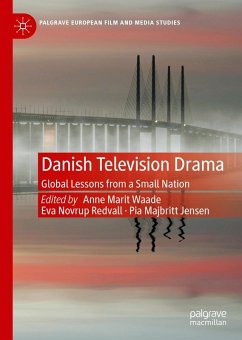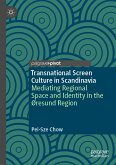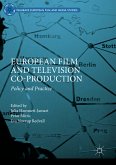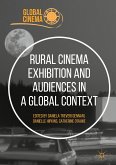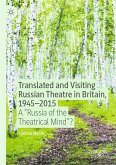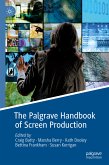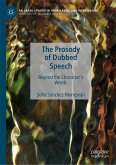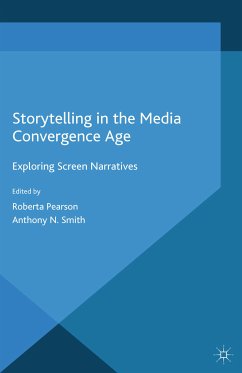This book explores how to understand the international appeal of Danish television drama and Nordic Noir in the 2010s. Focusing on production and distribution as well as the series and their reception, the chapters analyse how this small nation production culture was suddenly regarded as an example of best practice in the international television industries, and how the distribution and branding of particular series - such as Forbrydelsen/The Killing, Borgen and Bron/The Bridge - led to dedicated audiences around the world. Discussing issues such as cultural proximity, transnationalism and glocalisation, the chapters investigate the complex interplays between the national and international in the television industries and the global lessons learned from the way in which screen ideas, production frameworks and public service content from Denmark suddenly managed to travel widely. The book builds on extensive empirical material and case studies conducted as part of the transnational research project 'What Makes Danish Television Drama Travel?'
Dieser Download kann aus rechtlichen Gründen nur mit Rechnungsadresse in A, B, BG, CY, CZ, D, DK, EW, E, FIN, F, GR, HR, H, IRL, I, LT, L, LR, M, NL, PL, P, R, S, SLO, SK ausgeliefert werden.

